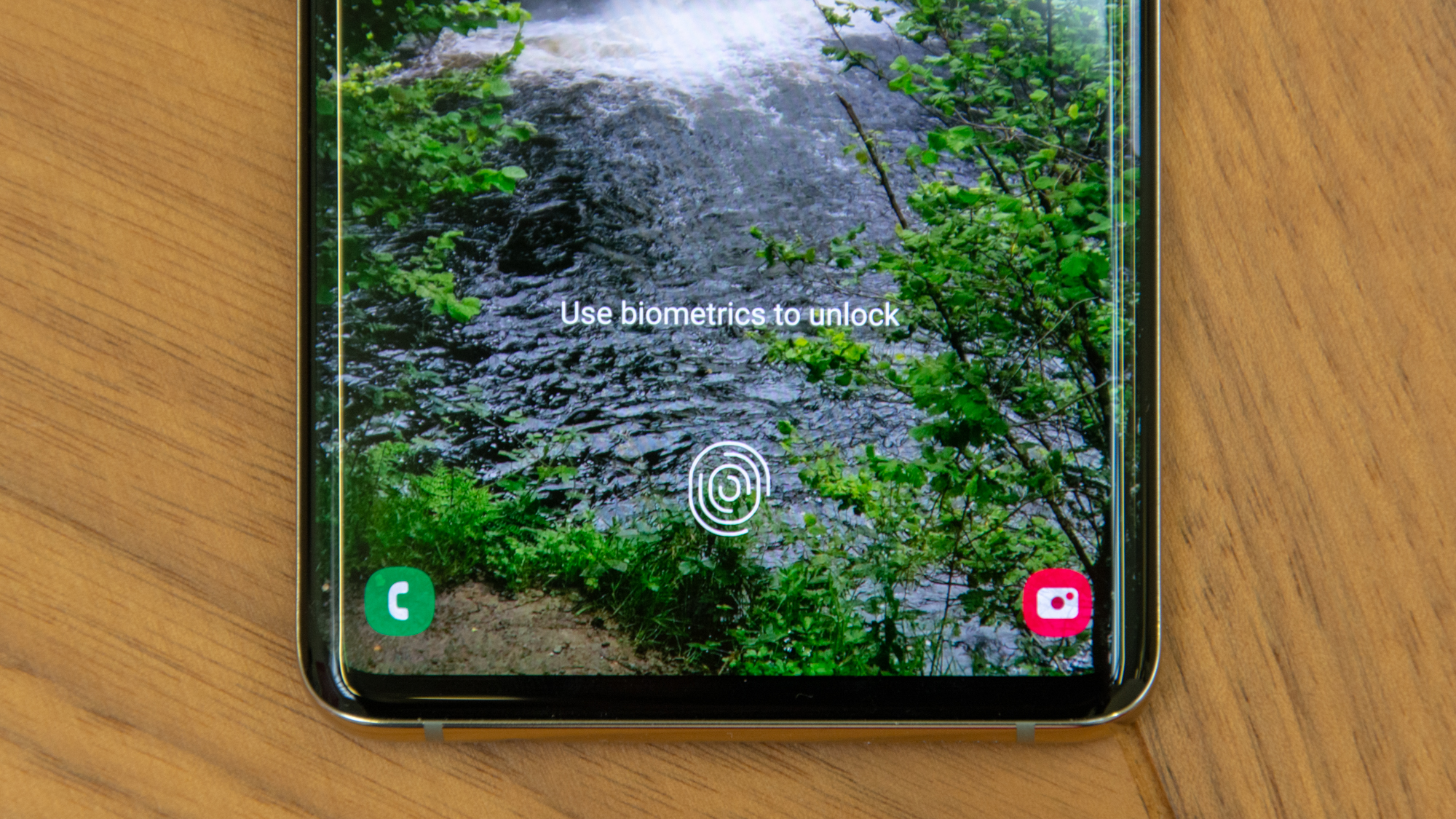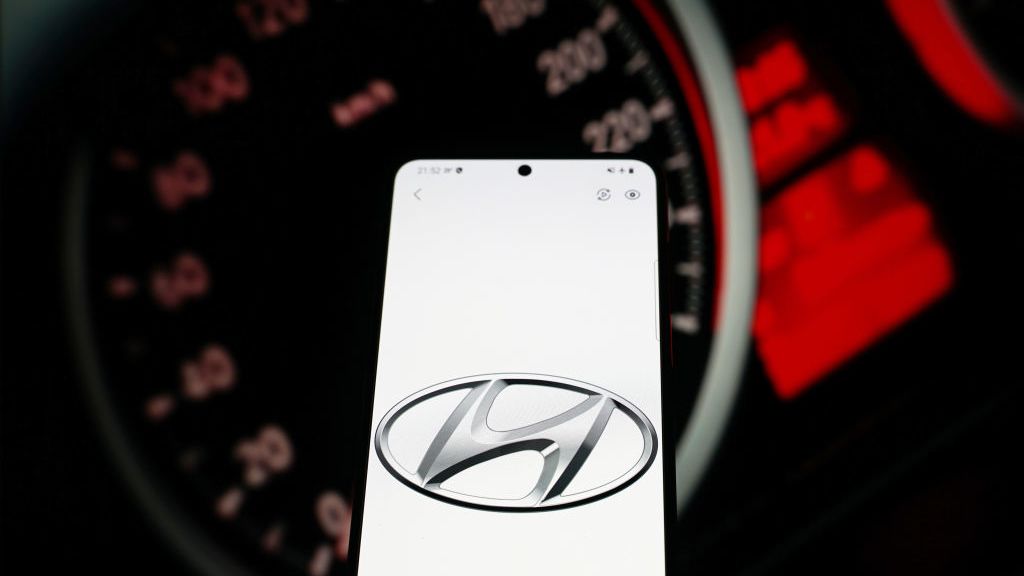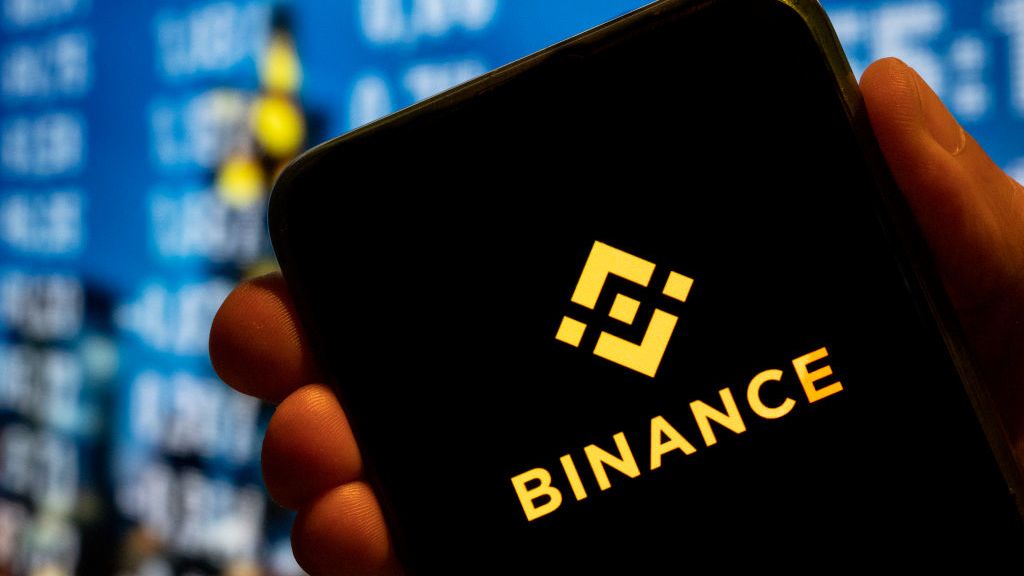Samsung Galaxy S10’s ultrasonic sensor fooled by fake finger
Samsung’s in-display fingerprint reader can be hacked ‘in 15 minutes’


The Samsung Galaxy S10's 'ultrasonic' in-display fingerprint reader can be easily unlocked with a 3D-printed fingerprint, allowing hackers to break through the device's biometric security.
The exploit was discovered by a Reddit user going by the names of 'darkshark9', who cloned his own fingerprint from a photograph of the print left on a wine glass. Using common software tools Adobe Photoshop and Autodesk 3ds Max, he created an accurate replica of the print using a home 3D printer costing less than 400.
In a proof-of-concept uploaded to Imgur, darkshark9 showed the device being unlocked by the fake print, stating that "the 3D print will unlock my phone...in some cases just as well as my actual finger does".
I attempted to fool the new Samsung Galaxy S10's ultrasonic fingerprint scanner by using 3d printing. I succeeded.
"If I steal someone's phone, their fingerprints are already on it," he explained. "I can do this entire process in less than three minutes and remotely start the 3D print so that it's done by the time I get to it. Most banking apps only require fingerprint authentication so I could have all of your info and spend your money in less than 15 minutes if your phone is secured by fingerprint alone."
The photo used in the exploit was taken with the S10+ itself, but he also theorised that by using a higher-quality DSLR camera, you could steal someone's digit "from across a room... or further".
The S10's in-display fingerprint reader was one of the main selling points of the new device, with Samsung saying its biometric security "provides a high level of protection for sensitive data". However, most security experts agree that using biometric security as a primary unlock method is less secure than a password or PIN.
Multiple tests have shown that the facial recognition technology used to unlock many smartphones is not foolproof, and Samsung itself advises during the setup of facial recognition that it is "considered less secure than other lock types".
Get the ITPro daily newsletter
Sign up today and you will receive a free copy of our Future Focus 2025 report - the leading guidance on AI, cybersecurity and other IT challenges as per 700+ senior executives
However, when we reached out to Samsung, the company dismissed concerns about the hack, calling the phone's security "vault-like".
"The Galaxy S10's in-display Ultrasonic Fingerprint Scanner offers vault-like security that has been developed through rigorous testing to provide the level of accuracy and prevent against attempts to compromise its security, such as images of a person's fingerprint."
Samsung argued that the hack wasn't a threat, as it required using professional software and a 3D-printer, and that the copy "could only have been made under a very rare combination of circumstances". Both pieces of software used in the hack offer free trials, while the 3D printer used is available for less than 400, making it comparatively easy for even an amateur hacker to assemble the necessary toolkit.
"If at any time there is a potential vulnerability identified, we will act promptly to investigate and resolve the issue," Samsung said.
Adam Shepherd has been a technology journalist since 2015, covering everything from cloud storage and security, to smartphones and servers. Over the course of his career, he’s seen the spread of 5G, the growing ubiquity of wireless devices, and the start of the connected revolution. He’s also been to more trade shows and technology conferences than he cares to count.
Adam is an avid follower of the latest hardware innovations, and he is never happier than when tinkering with complex network configurations, or exploring a new Linux distro. He was also previously a co-host on the ITPro Podcast, where he was often found ranting about his love of strange gadgets, his disdain for Windows Mobile, and everything in between.
You can find Adam tweeting about enterprise technology (or more often bad jokes) @AdamShepherUK.
-
 Bigger salaries, more burnout: Is the CISO role in crisis?
Bigger salaries, more burnout: Is the CISO role in crisis?In-depth CISOs are more stressed than ever before – but why is this and what can be done?
By Kate O'Flaherty Published
-
 Cheap cyber crime kits can be bought on the dark web for less than $25
Cheap cyber crime kits can be bought on the dark web for less than $25News Research from NordVPN shows phishing kits are now widely available on the dark web and via messaging apps like Telegram, and are often selling for less than $25.
By Emma Woollacott Published
-
 The IT Pro Podcast: Going passwordless
The IT Pro Podcast: Going passwordlessIT Pro Podcast Something you are, or something you have, could be more important than a password you know in the near future
By IT Pro Published
-
 Podcast transcript: Going passwordless
Podcast transcript: Going passwordlessIT Pro Podcast Read the full transcript for this episode of the IT Pro Podcast
By IT Pro Published
-
 Hyundai vulnerability allowed remote hacking of locks, engine
Hyundai vulnerability allowed remote hacking of locks, engineNews Researchers discovered flaws in a number of apps linked to car brands that allowed for personal details and remote control of vehicles using easily-obtained IDs
By Rory Bathgate Published
-
 Hacker steals $566 million from Binance Bridge using proof-forgery exploit
Hacker steals $566 million from Binance Bridge using proof-forgery exploitNews An exploit discovered in the exchange platform's proof verifier let the hacker take 2m BNB without raising alarm bells
By Rory Bathgate Published
-
 WordPress plugin vulnerability leaves sites open to total takeover
WordPress plugin vulnerability leaves sites open to total takeoverNews Customers on WordFence's paid tiers will get protection from the WPGate exploit right away, but those on the free-tier face a 30-day delay
By Rory Bathgate Published
-
 Zoom patches privilege escalation flaw for macOS users
Zoom patches privilege escalation flaw for macOS usersNews Threat actors were able to use the application’s updater to distribute malicious files at superuser level
By Rory Bathgate Published
-
 GPS tracker exploit puts the world's most high-value individuals in real-world danger
GPS tracker exploit puts the world's most high-value individuals in real-world dangerNews Vulnerabilities in a GPS tracker used by governments, militaries, and Fortune 50 companies could be used to track the locations of high-value targets and disable emergency service vehicles
By Connor Jones Published
-
 Over 300,000 Android users downloaded banking trojan malware
Over 300,000 Android users downloaded banking trojan malwareNews Hackers defeated Google Play restrictions by using smaller droppers in apps and eliminating permissions needed
By Rene Millman Published